What chemicals are best for pest control?
There are many pest control chemicals available, from over-the-counter solutions to specialist sprays, therefore choosing the right chemicals can pose a challenge. Using the wrong substances could make a tricky situation much worse. If you misidentify a species, there is a chance your chemicals will not work, or perhaps the pest will grow resistant to said chemical.
Pesticides are chemicals designed to kill or harm pests. They include insecticides used for insect control, herbicides used for weed control, fungicides used for fungi and mold control, and rodenticides used for rodent control. Household pests can include insects such as flies, cockroaches, mosquitoes, or rodents like mice or rats.
When controlling pest infestation on a large-scale farming practice, it is cost-effective to adopt the chemical pest control method.
However, one of the major ills of this method of pest control is that a pest may develop resistance and then passes on the genetic trait to the younger generation. When this happens, there will be a need for a higher concentration of the chemical, which is more dangerous to the environment.
Household pesticides can be purchased from supermarkets or hardware stores, and are designed for householders to use around their home or garden. Although you can easily obtain household pesticides, this does not mean that they are harmless. They are toxic and if used carelessly, they may affect the health of the user, their family, pets, or the environment.
So what chemicals are best to use?
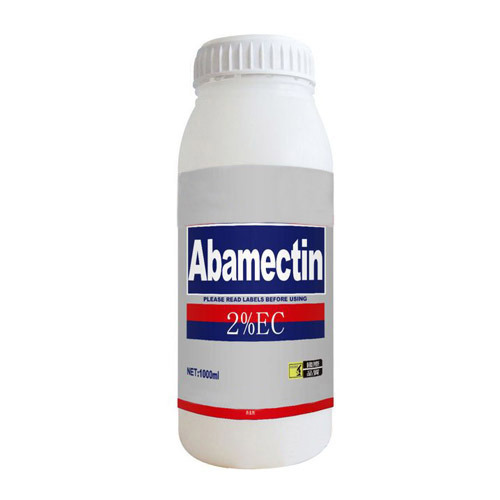
Abamectin
The active ingredient Abamectin is a mixture of nerve poisons known as avermectins. These poisons work to control ant and insect populations by affecting the central nervous system and causing insect paralysis, which leads to death. However, abamectin is a delayed-action insecticide, so it does not kill immediately. The benefit of delayed-action insecticides as compared to those that kill instantly is that the poisoned insect is allowed time to travel back to the colony and spread the poison to other insects either through contact or food sharing (ingestion).
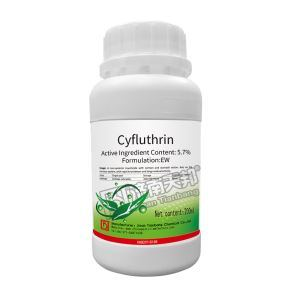
Cyfluthrin
Cyfluthrin is a synthetic pyrethroid, which means that it is effective for longer periods of time. Cyfluthrin belongs to a class of insecticides known as synthetic pyrethroids. Synthetic pyrethroids are man-made insecticides created to mimic the chemical properties of the naturally-occurring insecticide pyrethrum, which comes from the crushed petals of the Chrysanthemum flower. Synthetic pyrethroids, like cyfluthrin, are often preferred to the real thing as an active ingredient because they offer the added bonus of remaining effective for longer periods, sometimes up to 3 months.
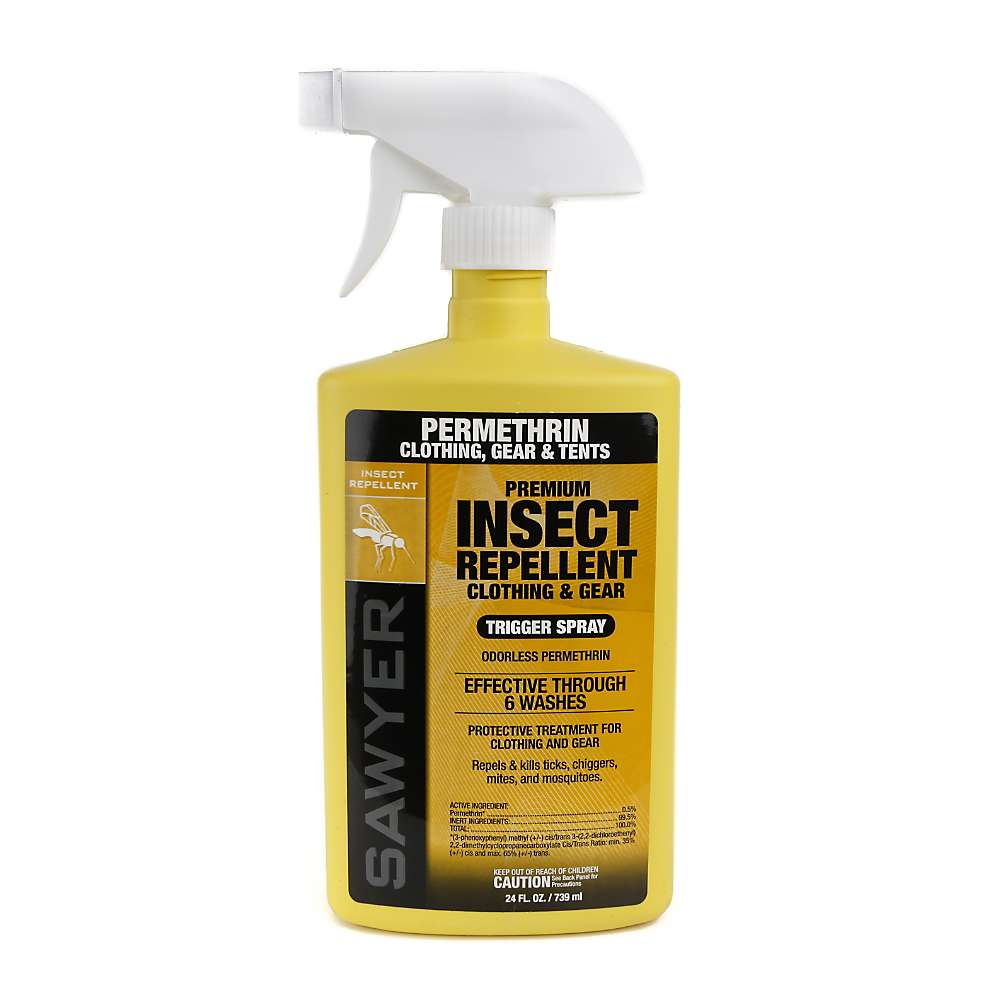
Permethrin
The active ingredient Permethrin controls a wide variety of crawling and flying pests. Permethrin is an active-ingredient insecticide used in many professional pest-control products to control a wide variety of pests, including ticks, fleas, mosquitoes, bedbugs, chiggers, flies, termites, and cockroaches. Permethrin is often used as a spray-on fabric, clothing, and bed nets to repel or kill insects. For example, ticks confronted with a permethrin-treated pant leg will drop off before they have the chance to attach and feed. Permethrin is available in concentrates, dust, and wettable powder formulations.
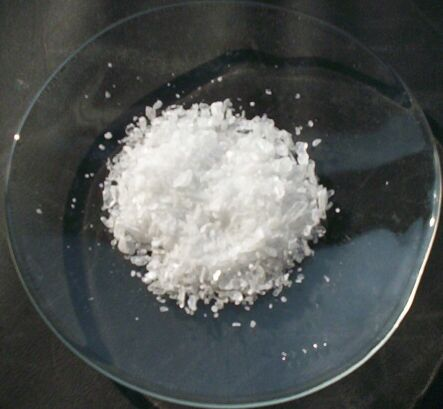
Boric acid
One of the most regularly used chemicals in pest control is boric acid. This substance can be taken from both rocks and water sources. It can come in multiple forms, such as powder and pellets. Boric Acid is considered a safer alternative than more hazardous synthetic chemical pesticides. It is generally not much more toxic than ordinary table salt. While it is relatively non-toxic to people and their pets, it is absolutely fatal to cockroaches, ants, termites, silverfish, and other common household insects. Pest control companies use it, as do many homeowners, it is generally a very affordable chemical.
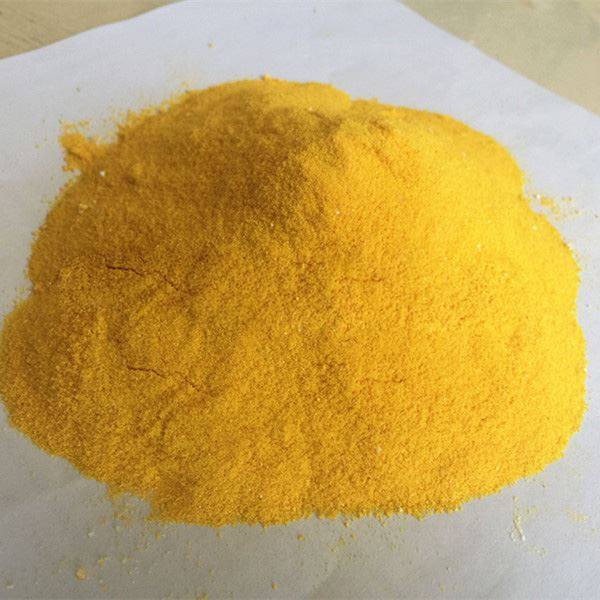
Hydramethylnon
Hydramethylnon is designed to act slowly but ensuring a sure death to the pests. This chemical works best when ingested. Its main targets are ants and cockroaches. It comes in different forms such as bait, gel, and granules. Though it is generally considered less toxic to mammals, this chemical is said to be carcinogenic (possibly) to humans, as demonstrated by a study on rats.
Precautions to Take When Using All Pesticides
Despite the observation that some pesticides are very toxic while others are less toxic, you must be cautious when dealing with them. All the common chemicals used in pest control are not entirely friendly to humans too. As with any chemical, if an untrained person mixes or applies the wrong amount, it can be dangerous.
Below are a few precautions you should take:
- Read the manufacturer’s instructions carefully and always use the product strictly as directed. Do not use more than the recommended amount and make sure that you follow all safety precautions.
- Do not mix pesticides as you risk an unexpected and potentially dangerous chemical reaction.
- Do not set traps or place baits in areas that are accessible to children, pets, or native animals.
- Use the correct equipment and wear the protective clothing suggested in the manufacturer’s instructions
- Do not eat, drink or smoke while using a pesticide.
- Wash your hands after use.
Some pests will indeed be eradicated by pesticides, however, some develop an immunity. This is why chemical-based pest control is always evolving to battle pest infestations. Also, be aware of the environmental effects it can cause.
Some pesticides, like space sprays, are fast-acting. They knock down the pest, then break down quickly. Other pesticides, like surface sprays and termite treatments, linger in the environment for days, weeks, or even longer after application. While most pesticides are designed to only affect the target pest, other insects or animals may sometimes be harmed.
Pesticide toxicity
Schedules are used to classify pesticides and to control the availability of a product to the general public. They take into account things like the toxicity of a substance, how it will be used and what form it takes (for example, whether it is a liquid or a spray).
Pesticides are either unscheduled or fall under schedules 5, 6, or 7. Each schedule has a warning, which appears in large contrasting lettering on the label. If you are unsure of the type of bug that’s plaguing your home, you may want to go with a broad-spectrum formula that covers a variety of species.
Points to remember
Pest control is a chemical-intensive business. So, make sure that you understand how to use pesticides competently, it is vital you do your research. The wrong chemicals or incorrect application could cause health problems or exacerbate existing health problems. Remember that pest control chemicals can be expensive, and it can take lots of pesticides to do just one treatment. This is why it is advised that if you have a pest issue that is hard to manage, you contact pest control professionals to recommend you a chemical or indeed have them take care of the issue for you.
Let us help keep you safe, call us for your pest removal needs today – phone 1300 766 614

WE'RE NOT HAPPY UNLESS YOU'RE HAPPY
SEE HOW IT WORKSWith Competitive Pest Control Services you’ll never have to worry about paying for a job that hasn’t been done.
If you’re not satisfied with our services, we’ll not only give you your money back, we’ll return it to you twofold. That’s right: you’ll not only receive a full refund, we’ll also pay to have your pest problem sorted by our competition.*
We’re always trying to raise the standard of service, it’s one of the reasons we were name Australian Pest Manager of the Year four times in the past six years. When you employ our services, you know your pest problem will soon be a distant memory. What could be more satisfying than that?
*Please contact us to hear more about our 200% Money Back Guarantee - as due to issues sometimes outside our control, not all services may be covered by this offer.




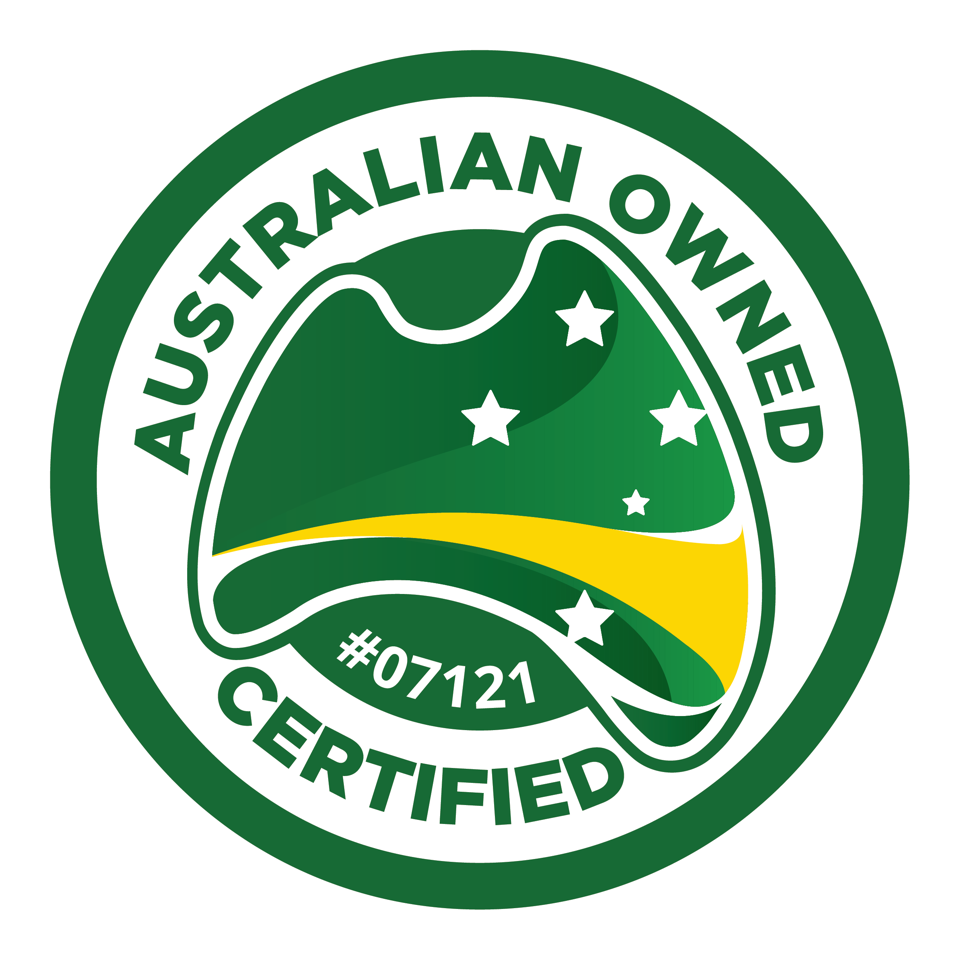
 Instagram
Instagram  LinkedIn
LinkedIn